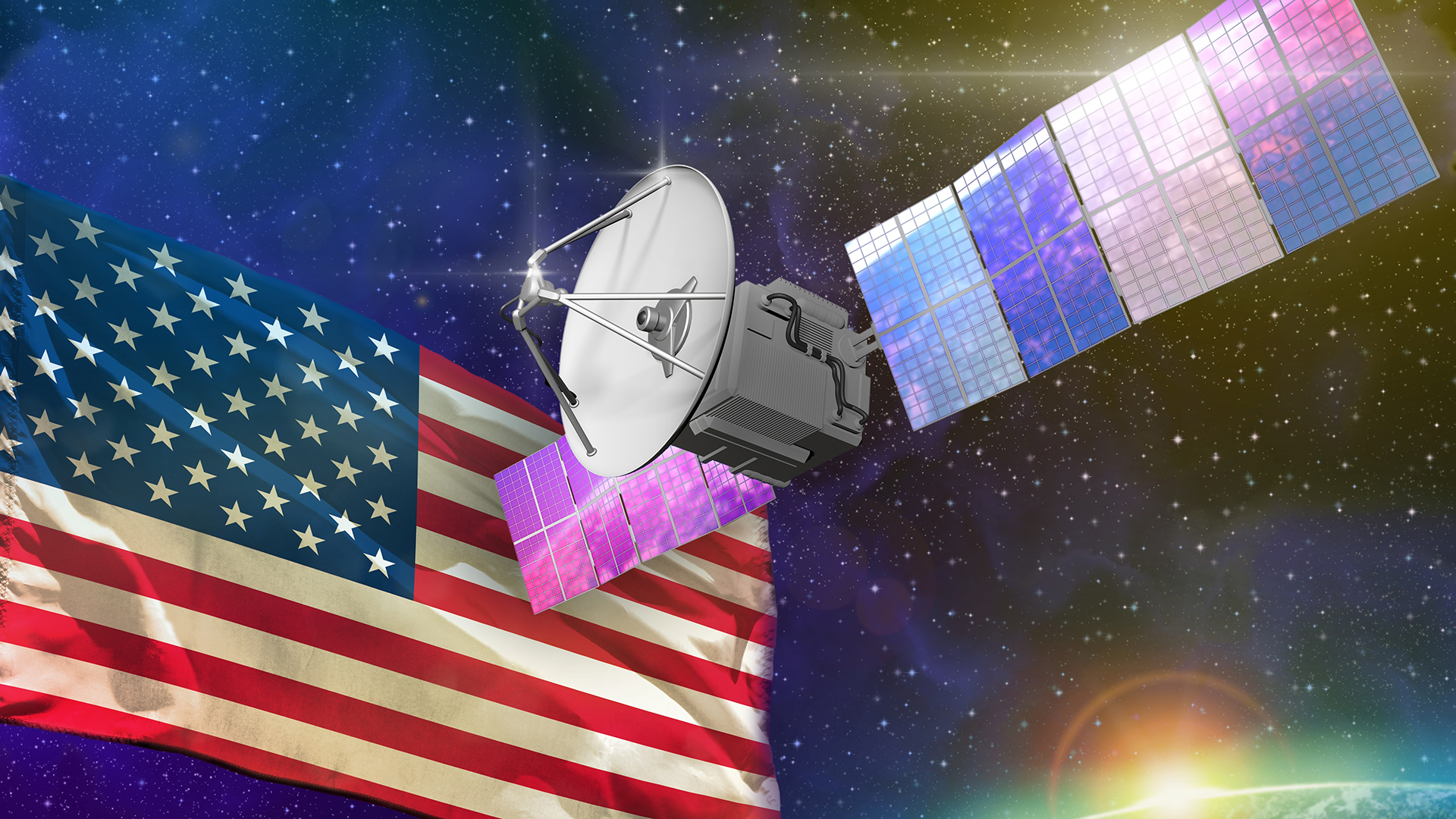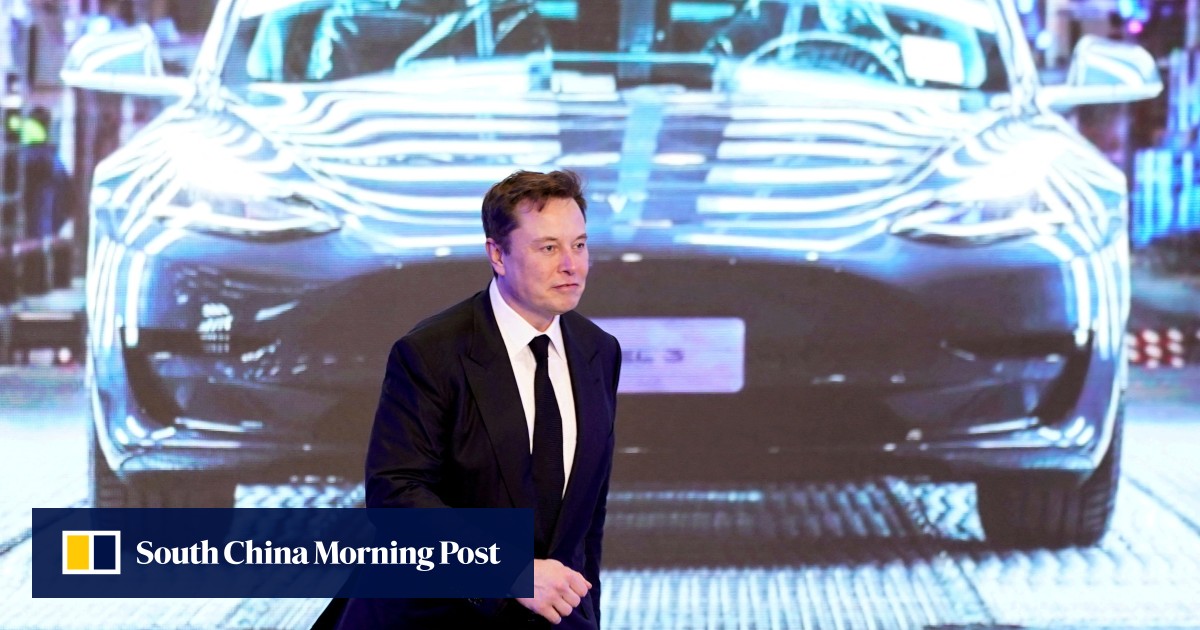




The U.S. space economy has emerged as a significant driver of innovation and growth, contributing $232.1 billion in gross output and $54.5 billion in private-sector compensation in 2022. This sector supported approximately 347,000 private-sector jobs, fueled by a surge in commercial space activities, satellite launches, and substantial government investments [ca7c5ca3]. Key industries within the U.S. space economy include defense, agriculture, transportation, manufacturing, healthcare, and banking, showcasing the diverse applications of space technology across various sectors [ca7c5ca3].
The Office of Space Commerce (OSC) plays a pivotal role in enhancing U.S. competitiveness through international partnerships and policy advocacy. Initiatives like the TraCSS system aim to improve space safety, while a focus on small and medium-sized businesses is intended to foster innovation within the industry [ca7c5ca3]. The OSC's long-term vision emphasizes sustainability and broad-based participation in space activities, ensuring that the benefits of space exploration extend beyond traditional players [ca7c5ca3].
In contrast, China's commercial space industry has also seen remarkable growth, achieving 27 launches from January to September 2024, surpassing the total of 26 launches in all of 2023. Projections suggest that China's space industry will expand to 6.6 trillion yuan (approximately US$906.4 billion) by 2029, marking an elevenfold increase from 600 billion yuan in 2018 [000fa298]. The establishment of China's first commercial spaceport in Hainan, equipped with two launch pads capable of 16 launches each per year, signifies a significant step forward in enhancing the country's launch capabilities [000fa298].
However, experts indicate that China still lags behind the United States in terms of commercial space innovation. SpaceX, for example, has already conducted 100 flights in 2024 alone, while the U.S. Federal Aviation Administration (FAA) approved 148 commercial space operations in fiscal year 2024 [000fa298]. This disparity highlights the challenges China faces in fostering a competitive and innovative private sector within its space economy.
Despite the rapid expansion, setbacks have occurred, including a June explosion of the Tianlong-3 rocket, which underscores the risks associated with the swift growth of the commercial space sector [000fa298]. As both nations continue to develop their space economies, the interplay between government support and the need for innovation will be crucial in determining their success on the global stage.
Amidst these developments, NASA Administrator Bill Nelson has accused China of concealing military advancements within its civilian space program, claiming that the country has made significant strides in space technology while remaining secretive about its military applications [7d96007f]. This accusation reflects the heightened tensions between the U.S. and China as both nations vie for dominance in space exploration and technology. China's ambitions include achieving crewed moon landings by 2030 and establishing space sovereignty, with military developments like the J-16D electronic warfare fighter jets illustrating the military dimension of its space strategy [756b60e7]. As competition in space intensifies, analysts suggest that the U.S. must respond to China's rapid advancements and consider the implications for national security and technological leadership [b1721047].